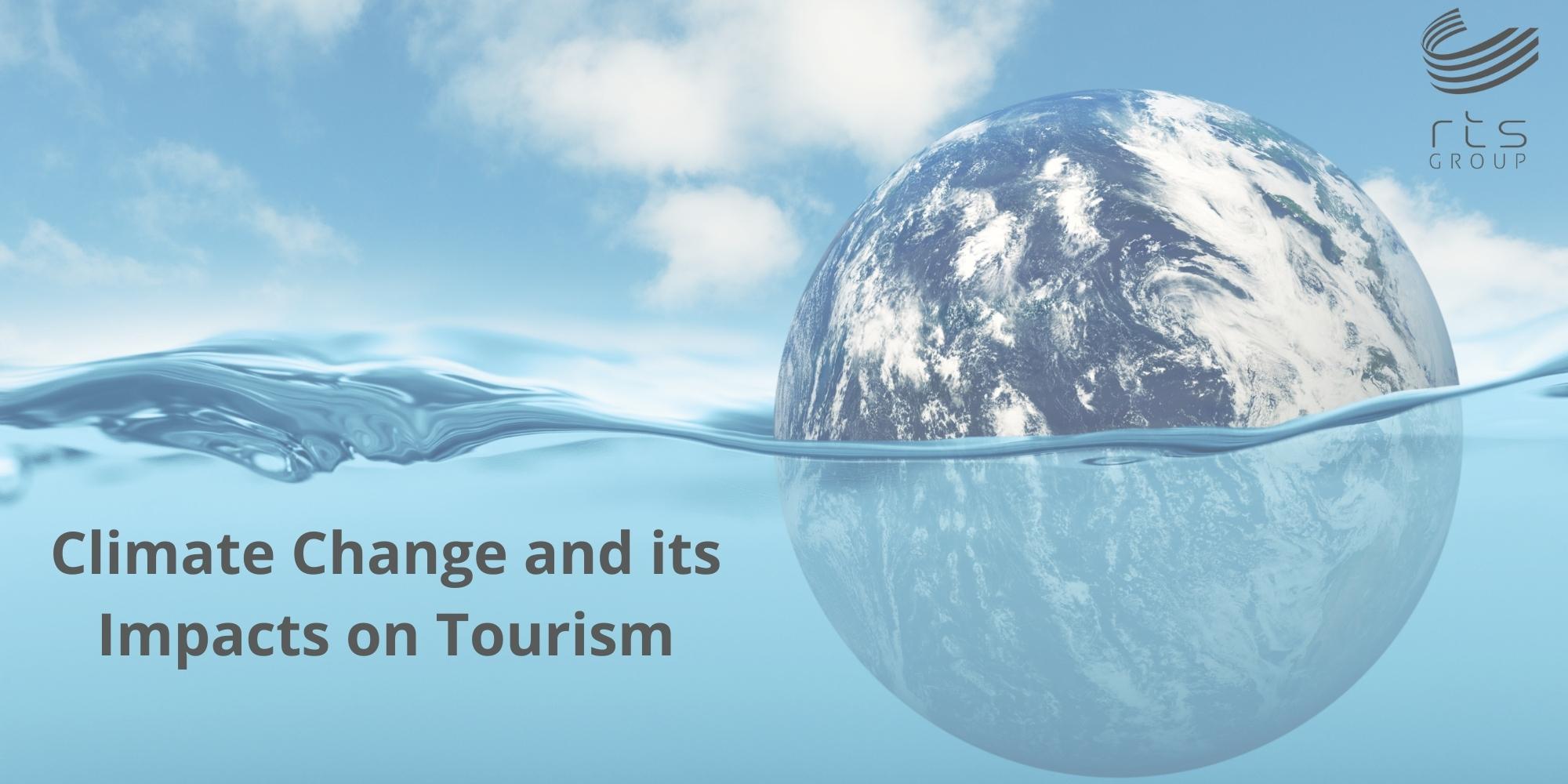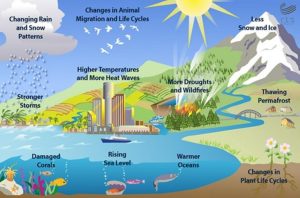
Climate Change and its Impact on Tourism
In the form of potential environmental impacts, climate change could affect international tourist destinations. Tourism is one of the fastest-growing economic activities in the world at the present time, and will most likely continue to grow rapidly. It is one of the largest contributors to a country’s economy and can account for up to one-fifth of the country’s GDP. Globally, hospitality is expected to continue growing as personal income, leisure time, and transport improve. These two factors will contribute to the growth of the global tourism industry.

Tourism is one of the world’s fastest-growing industries. Many developing countries rely on the industry as their main source of income, and developed countries rely on it as well. Tourism is also one of the industries most vulnerable to climate change and tourism-climate relationships. It is a major user of natural resources. For example, tourism consumes water resources, energy, and agricultural products. With climate change, these natural resources will affect tourism. Climate variability affects tourism in a number of ways. For example, A change in weather patterns, drought or excessive rainfall could have negative consequences for particular destinations. Climate variability and natural disasters also have an effect on the tourism industry. It can seriously affect local economies, with consequences for the financing of the tourism industry. In addition, tourism can be negatively affected by natural disasters, such as hurricanes.
Tourism is likely to reach higher altitudes and higher altitudes in the future, where the environmental impact of climate change will not be so drastic, according to a 2008 study by the United Nations World Travel Organization. There is a possibility that the competitive position of vacation spots will have a dramatic change, and an increase in popularity can lead to the decline of some areas. Weather volatility and related risks to infrastructure are predicted to increase as a result of climate change. There are increasing demands for travel, primarily due to rising fuel prices, which will influence consumers out of pocket demand for travel, and longer-term shifts in weather patterns and climate patterns will also become more pronounced as a result. Besides the direct impacts of climate change, there are indirect effects of climate change as well.
Direct Impact
As a result of climate change, tourism may directly be affected by the decision-making process. A direct consequence of climate change is the decision based on data about “When to go on holiday?” and “where to go on holiday?” Weather and climate influence decisions both at the destination and at the source region. As the temperatures and humidity in some resorts increase above your comfort level (e.g., the eastern Mediterranean), the resorts will probably become less attractive. On the other hand, other resorts (for example in the UK) may become more attractive as it becomes more likely that the weather will be good during the summer.
Indirect impacts:
 Among the indirect environmental impacts of tourism are land-use changes, water pollution, resource depletion, and waste management. Climate changes, such as higher temperatures, heavy rainfalls, and glacial retreats, are impacting tourism seasonally as well as geographically. Climate changes are also having an impact on the viability of many tourist attractions, such as skiing and mountain climbing. These places could suffer adverse effects from a reduction in snow cover and duration. As a consequence of industrial pollution and vehicular traffic, a reduction in air quality can already be observed in many large metropolitan areas, partially due to an increase in photochemical smogs. Photochemical smogs are caused by chemical reactions between industrial pollutants and sunlight. Getting rid of air pollution may make cities such as Athens and Los Angeles more attractive to tourists. Tourism professionals today are very concerned about the impact of climate change and are taking proactive steps to address it
Among the indirect environmental impacts of tourism are land-use changes, water pollution, resource depletion, and waste management. Climate changes, such as higher temperatures, heavy rainfalls, and glacial retreats, are impacting tourism seasonally as well as geographically. Climate changes are also having an impact on the viability of many tourist attractions, such as skiing and mountain climbing. These places could suffer adverse effects from a reduction in snow cover and duration. As a consequence of industrial pollution and vehicular traffic, a reduction in air quality can already be observed in many large metropolitan areas, partially due to an increase in photochemical smogs. Photochemical smogs are caused by chemical reactions between industrial pollutants and sunlight. Getting rid of air pollution may make cities such as Athens and Los Angeles more attractive to tourists. Tourism professionals today are very concerned about the impact of climate change and are taking proactive steps to address it
